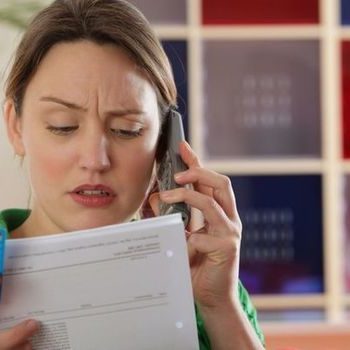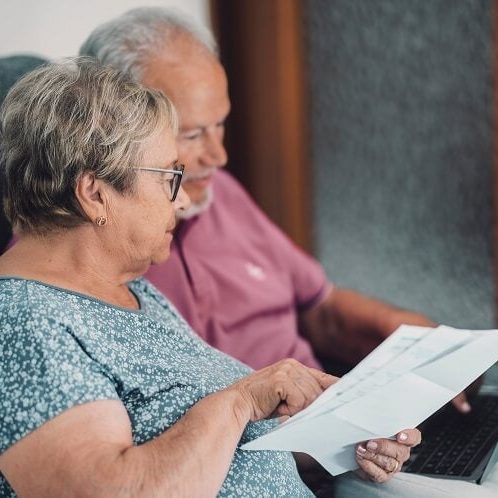This will depend on a number of different factors, including the value of the property, who owns the property, and how much is owed on the property.
If you are a homeowner and have equity in your property, you may be required to re-mortgage six months before the end of the arrangement and pay the money released from the re-mortgage into your IVA.
Typically, If you have equity of less than £5,000 you would not be required to re-mortgage.
Re-mortgaging to release equity to pay into your IVA is not restricted in the same way as taking out a new mortgage would be. However, it may still be difficult to find a mortgage company willing to lend to you while you’re in an IVA.
If you can’t re-mortgage, or if it would be too expensive to do this, you may need to make extra monthly payments into your IVA, increasing the term by 12 months. You can also get a third party to provide money for this.










